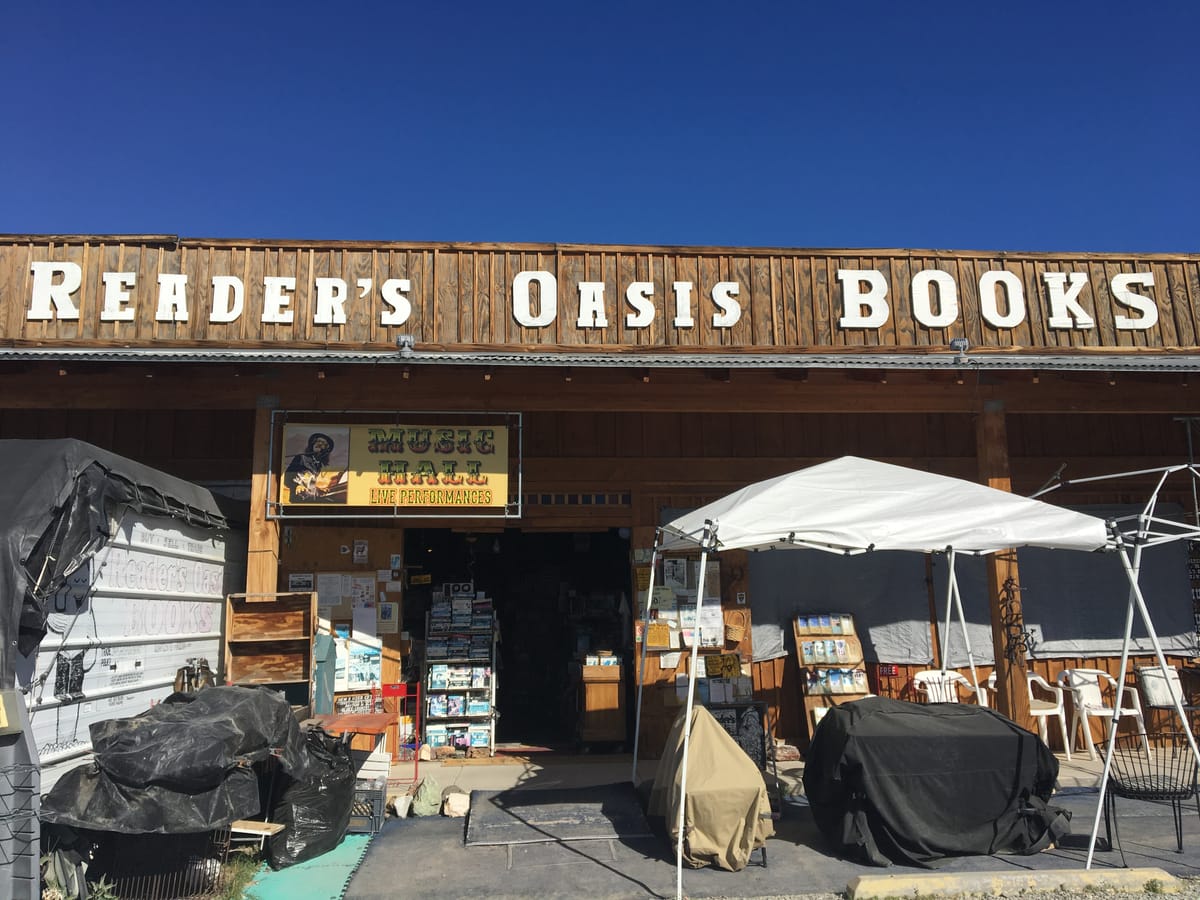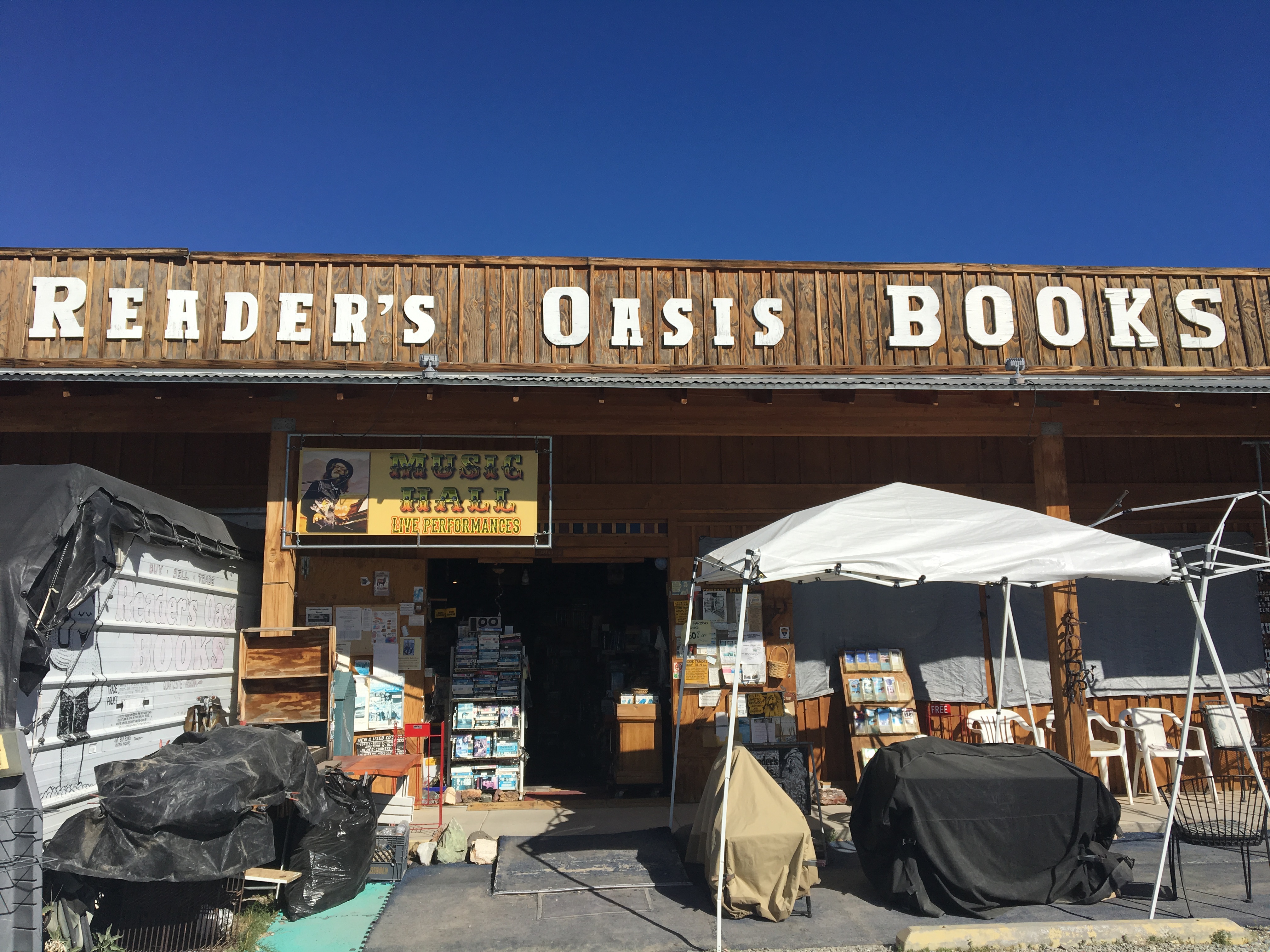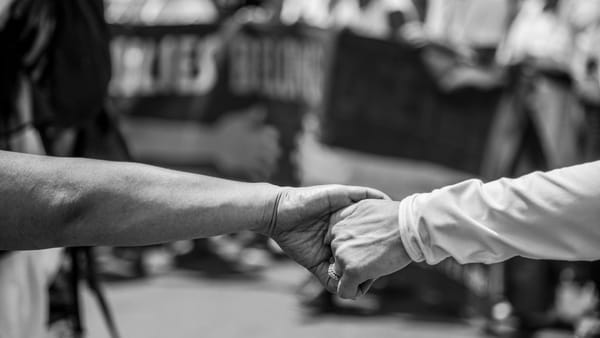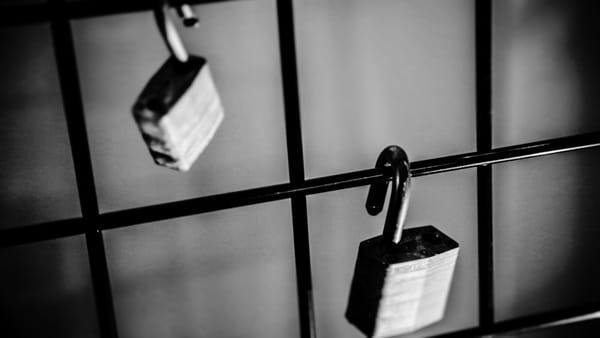Hyperlocal Economics, Global Connections

One of the beautiful aspects of my work in community building the past few years is working directly with builders around the globe. Understanding how other communities use blockchain to support their families, friends, producers, businesses, non-profits and their overall local economies has been eye opening. And inspiring. And if I’m honest, one of the few reasons I still work in this insane industry.
I started organizing with a loose coalition of builders out of Latam this summer for a developer activation in Buenos Aires later this year. These builders are regenerative and nomadic, by design and for good reason. The core of this group always rolls into our meetings with energy, smiles and wisdom. One of the reasons I chose to tackle this type of community organizing and am a leader in the Ethereum Localism movement is that I want to ensure our technology makes its way into the hands of local orgs and businesses before it’s too late. And to avoid appropriation and imposing programming from the West onto the Global South, as I’ve seen repeatedly in my time as a community organizer in tech.

We’re not here to impose Western programming and infrastructure on anyone, we’re here to listen, learn and build. When I began researching for this Argentinian activation, it dawned on me that many of the communities throughout Latam are much further ahead than the West on crypto adoption for a very real reason.
As multiple national currencies hit hyperinflation throughout latam and their economies collapsed or transitioned under various leaders, including authoritarian rule, adoption for survival was not optional. Currencies developed atop of blockchains were created for this reason. The belief is literally coded into the genesis block of Bitcoin. An immutable declaration that alternative currencies must exist to protect people from the actions of centralized forces like banks, governments and dictators.
Our industry has a narrative issue— always have and probably always will. And yes, the earliest and perhaps still the strongest use cases for crypto are gambling, laundering and dark web shopping. Also the early use cases for the internet and the dollar is still one of the most prolific laundering tools around. But at the end of the day, alternative currencies, and the blockchains that power them, play a vital role in our ability to navigate economic collapse.
On today’s call, I was chatting with my Latam colleagues about not going offgrid fast enough and that finding jobs/clients right now (to be able to actually travel to BA for our event) might not happen in time. It was wild to make that statement. I waited too long to go offgrid and secure my own well being in the face of economic and societal collapse. And they already went through this situation as their countries transformed under various transfers of power and economic “transformations”.
The gravity of it all struck me during that call. Up until now, I always worked with global communities from the vantage point of western “stability”. I knew in my heart that such “stability” was a mirage, propped up on various false systems and valueless fiat, but I bypassed the reality that collapse was here, now. Or maybe I just didn’t want to see it, because, well, who the fuck wants to dwell on societal collapse for long? No one, not even me. Someone who spent decades studying political science, documenting post-conflict communities fighting for stability in economic collapse and as someone who works in an industry whose sole purpose is to create infrastructure for collapse and transition.
I can’t help but think of all the people in the West who never work with such technology or who never see global communities navigating various aspects of being “unbanked” or on different spectrums of authoritarian rule.
So many Americans are wildly unprepared for hyperinflation, economic collapse and authoritarian rule. And well, it’s not on the horizon…it’s here. Staring us down and haunting our every move and every thought of a possible tomorrow. I have people DMing me all the time asking about crypto, how to get started, how to organize their communities using decentralized networking, how to prepare their loved ones for the reality of now.
I wish I had more answers for them, because honestly, if you’re not already integrating decentralization and alternative economic modalities into your financial and community resiliency plans, you’re already radically behind. Our tech has a steep learning curve (though it is getting better) and the builders in our ecosystem tend not to make the tech frictionless. I get it, privacy and the promise of decentralization should not be sacrificed for ease of use. But at the same time, we need more people to onboard at scale. And fast.
I’m a founding member of a beautiful and small DAO of journalists who’ve been working for almost 5 years to onboard the media industry into decentralized tech. And we’ve been largely ignored. As our founder said a few years ago, “it’s like trying to save the world from the basement of a casino”. I’ve talked about our tech for over a decade with any and everyone who will listen and I’d guesstimate 15% of the people I’ve talked with have actually learned how to use crypto. And it wasn’t easy for them, but they kept with it and now feel somewhat safer at this time of accelerated collapse.
But I fear that the masses will scramble to use our tech at the last minute when dollars go the way of hyperinflation and we need 1000 greenbacks to buy a pizza. We’re not far from learning the hard way why decentralization and alternative economics matters.
And if nothing else, I’m grateful for the constant reminder that the work I do in these global communities matters. I’m also grateful to work with builders who’ve already gone through their own versions of societal collapse in their countries and have a frame of reference that is not hypothetical, but real. Lived, embodied experiences that they are able to share with western builders and extend a bridge to us.
The reality we’re barreling towards here in America is dark and destructive. Knowing that others have stared down the same centralized demons and made it out on the other side with more resiliency gives me hope. And the fact that they did it in community inspires me to keep going.




